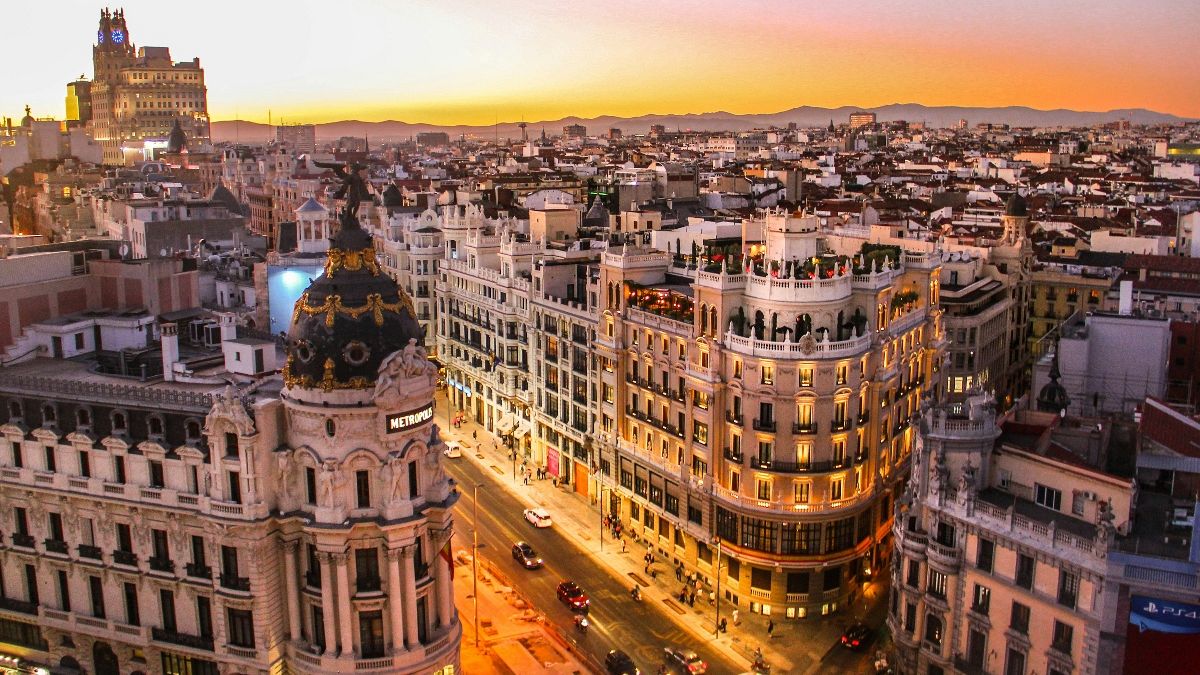Forty-five years after it was first floated as an idea, a tunnel linking Spain and Morocco could finally be on the horizon.
If it does go ahead, it will likely be built in time for the 2030 FIFA World Cup, set to be hosted jointly by Morocco, Spain and Portugal.
Currently, flights between Spain’s capital of Madrid and the Moroccan city of Tangier, a strategic gateway between Africa and Europe since Phoenician times, take an hour and a half.
Driving between the two takes nine hours, with a ferry ride in between.
If successful, the tunnel under the Strait of Gibraltar would see a new train service between the two countries, with stops from Madrid to Casablanca, 300 kilometres south of Tangier.
The entire train journey would likely take five and a half hours and offer a more sustainable travel option.
Despite plans for the link being announced decades ago, Morocco’s National Company for the Studies of the Strait of Gibraltar (SNED) and its Spanish counterpart, the Spanish Society for Fixed Communication across the Strait of Gibraltar (SECEGSA) are said to be undertaking surveys in the area to see how viable the project - known as the ‘Fixed Link’ - is in the 2020s.
Last month, the Spanish foreign minister, Oscar Puente, visited Morocco to put the plan into action, saying a date would be set for “as soon as possible” for a meeting to set in stone the transport link.
If it does go ahead, the tunnel would be 27.6km in length. At this early stage, there are no confirmed costs - but it’s estimated the intended route could run well into the billions of euros.
During his meeting with officials in the Moroccan capital of Rabat, Puente was reported to have said the positive relations between the two nations would help to promote the development of better infrastructure and transport links.
In February 2023, Puente’s predecessor Raquel Sanchez renewed discussions on the project.
“We are going to give impetus to the studies of the Fixed Link Project for the Strait of Gibraltar, which was initiated by both countries 40 years ago. A strategic project for Spain and Morocco, and also for Europe and Africa,” she said.
So far, the Spanish government has allocated €2.3 million in funds for the SECEGSA to look more deeply into the scheme.
According to rail news site Railtech.com, the tunnel’s route would run from Punta Paloma in Tarifa to Punta Malabata in the Bay of Tangiers.
It would be dug down to a maximum depth of 300 metres and feature a maximum gradient of three per cent.
Completion of the project is estimated to take up to five years - meaning it could well be ready in time for 2030’s football bonanza as an effective way to connect the two countries.


